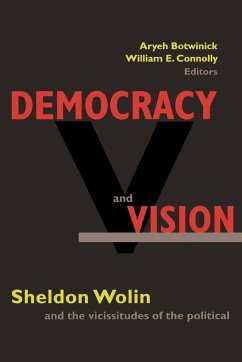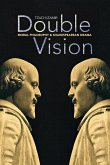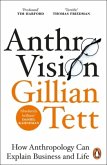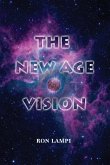American democracy faces severe challenges today, as everyday life gathers pace, national borders become increasingly porous, and commodity culture becomes more dominant. Democracy and Vision assembles a cast of prominent political theorists to consider the problems confronting political life by reviewing, assessing, and expanding on the ideas of one of the most influential political thinkers of the past forty years, Sheldon Wolin. The book consists of three sections linked by the underlying theme of Wolin's monumental effort to define ''the political'' and the conditions of democratic life. In the first, Nicholas Xenos, George Kateb, Fred Dallmayr, and Charles Taylor focus, in particular, on whether mass political participation, sustainable in times of upheaval as what Wolin aptly termed ''fugitive democracy,'' can be buoyed by political institutions during periods of stability. In the second section, Wendy Brown, Aryeh Botwinick, Melissa A. Orlie, and Anne Norton examine the relevance of Wolin's ideas to current debates about, for example, social diversity and the commercialization of culture. In the last, Stephen K. White, Kirstie M. McClure, Michael J. Shapiro, and J. Peter Euben address globalization and temporality in relation to Wolin's narrative of decline, asking, among other things, whether citizenship today must incorporate a cosmopolitan dimension. These essays--and an introduction by William Connolly that lucidly outlines Wolin's thought and the deep uncertainty about political theory in the 1960s that did much to inspire his work--offer unprecedented insights into Wolin's lament that modernity has meant the loss of the political.
Hinweis: Dieser Artikel kann nur an eine deutsche Lieferadresse ausgeliefert werden.
Hinweis: Dieser Artikel kann nur an eine deutsche Lieferadresse ausgeliefert werden.








